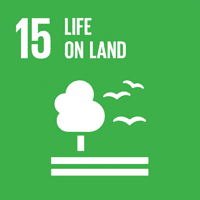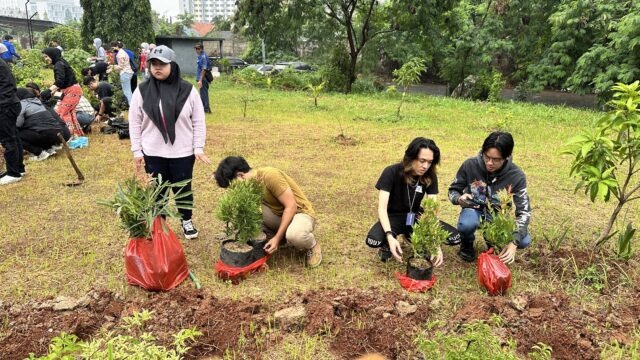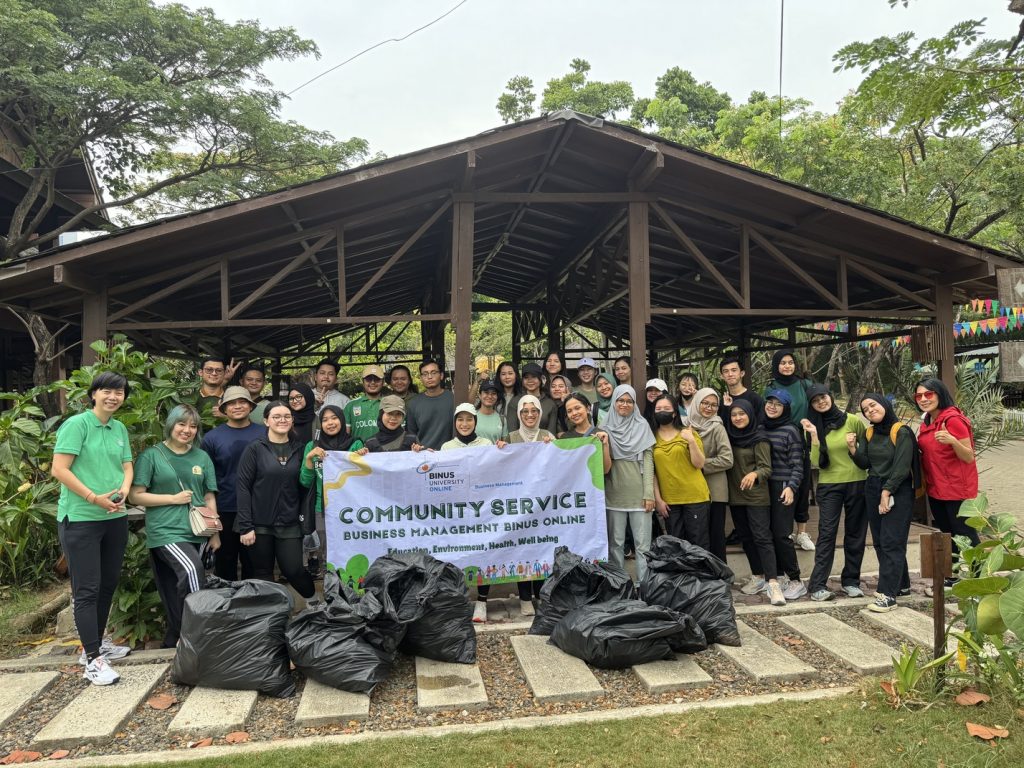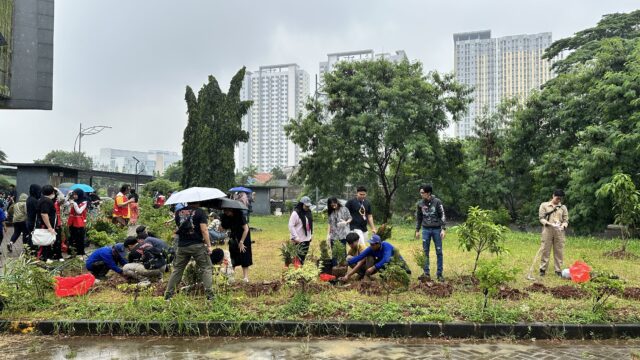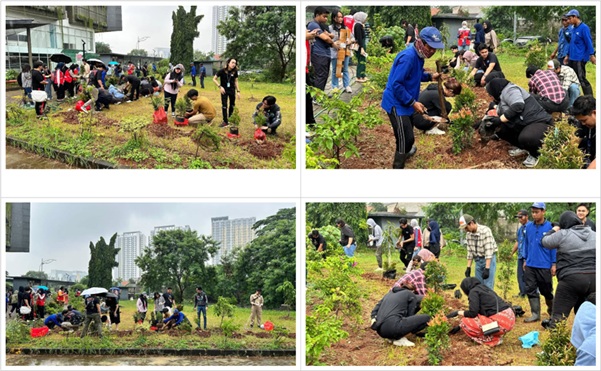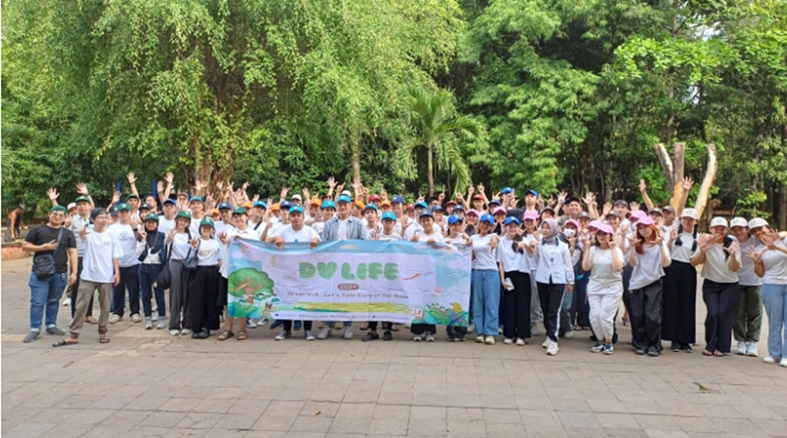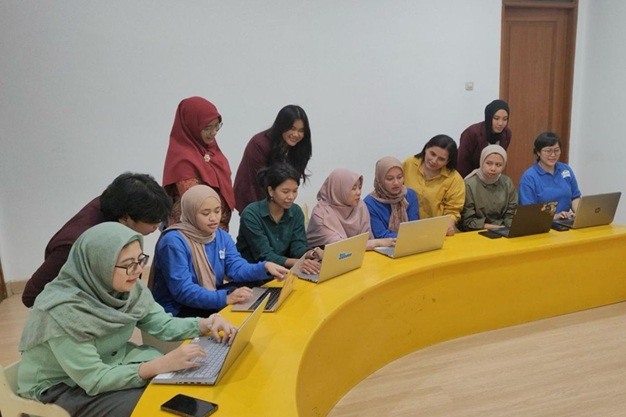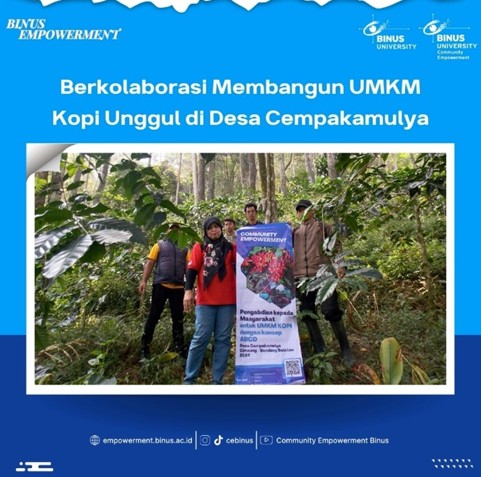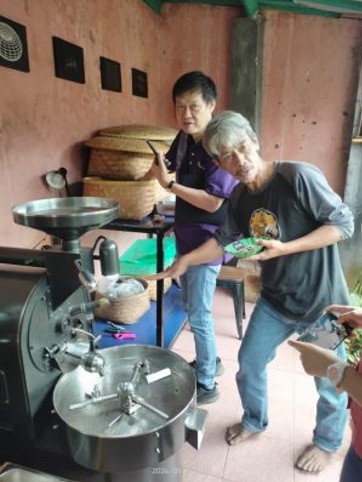BINUS University offers educational programmes and outreach activities that promote sustainable management of land for tourism. In 2024, the university carried out a series of integrated initiatives in Labuan Bajo, East Nusa Tenggara, as a primary example of this commitment. These programmes combined research, community empowerment, and environmental education to support responsible tourism development.
Key initiatives in Labuan Bajo (2024):
-
Sustainable Agrotourism Development
BINUS doctoral students and researchers worked with local farmers to promote organic and dryland farming practices while introducing tourism elements to agricultural activities. The programme positioned farmland as a tourism asset by showcasing biodiversity, traditional food systems, and sustainable land use. -
Community Empowerment in Batu Cermin Village (Project ES00863)
Through the Department of International Relations, BINUS conducted field assessments, workshops, and stakeholder engagement to support community-based tourism. The project focused on sustainable business models that protect land and cultural resources while expanding tourism opportunities. -
Digital Empowerment of MSMEs through the “MABAR Smart” App
Local MSMEs received training in digital marketing and sustainable tourism practices. The MABAR Smart app was introduced to help communities manage tourism-related services and promote responsible land use through digital platforms. -
Environmental Awareness Campaign in Mangrove Tourism Area
BINUS students led a plogging activity (jogging while collecting trash) in a mangrove forest area used for tourism. The event raised awareness about land degradation from tourism waste and highlighted the importance of preserving coastal ecosystems.
Additional initiatives:
BINUS also conducted similar outreach programmes in Wonokitri Village, East Java, focused on sustainable tourism and cultural landscape preservation. In urban areas like Jakarta, environmental education activities promote responsible land use in parks and public tourism spaces.
These efforts reflect BINUS University’s broader commitment to aligning higher education with sustainable development, empowering local communities, and preserving land resources as vital assets in tourism growth.




